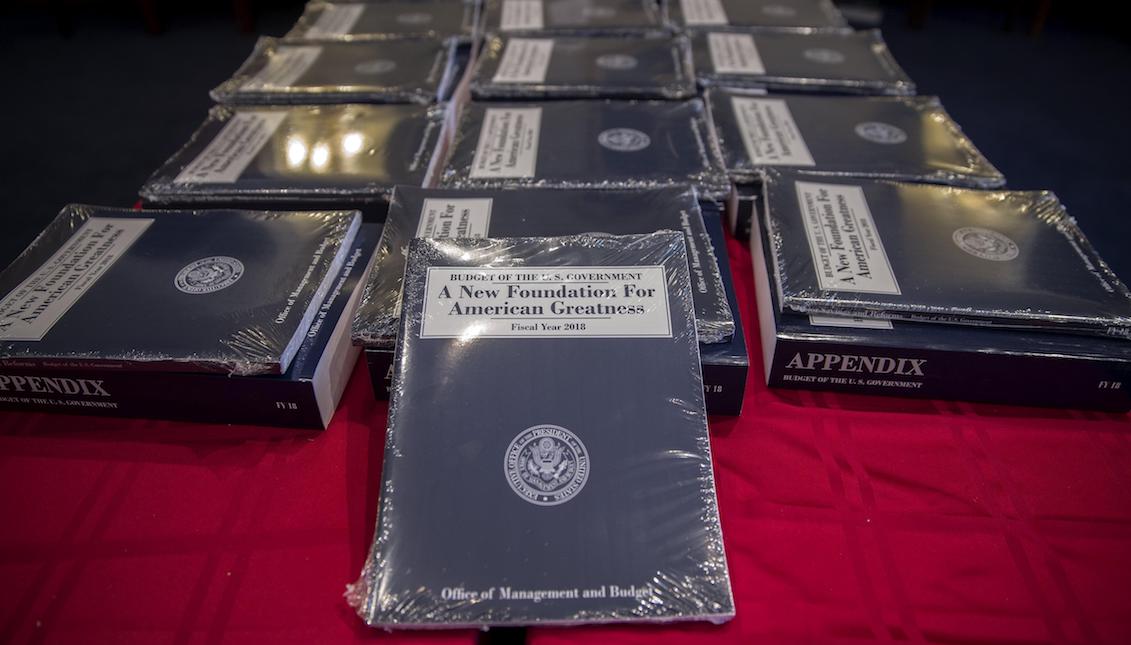
Trump’s budget: “a reverse Robin Hood agenda”
According to financial analysts, President Trump's budget for 2018 clearly indicates a cut in the benefits of the poor and an increase in the cash flow for…
On Monday, the White House’s budget director Mick Mulvaney said in a press conference that the profits from the new plan would come from four basic cuts, according to CNN Money:
- Cuts to Medicaid (about $ 600 billion over the next decade)
- Cuts in food stamps (SNAP) (193 billion in 10 years)
- Cuts in student loans (143 billion in 10 years)
- Cuts in retirement programs for federal workers (63 billion in 10 years)
The document entitled A New Foundation for American Greatness proposes an increase in military spending of 10 percent and an expenditure of more than $ 2.6 billion in border security, including 1.6 billion dollars to begin work on Trump’s wall project, according to The New York Times.
The project also raises large tax cuts and an "unlikely promise" of 10% economic growth.
To restore the balance, the new budget proposes cutbacks in programs that directly affect the poorer, such as federal health programs (Medicaid), nutritional assistance (reduced by 192 billion) and about $272 billion in cuts in welfare programs, according to the report.
The plan would cut more than $ 72 billion in disability benefits, educational loan programs and funding for non-governmental organizations.
Likewise, the president's first budget proposal would include a significant cut in assistance to Latin American countries, especially Mexico and Central America, with whom the United States shares a cooperation program through funds dedicated to drug prevention, security or democracy programs in the area, as reported by EFE.
On the other hand, the program contemplates Ivanka Trump's plan of a six-week paid parental leave, being the first time that a Republican administration promotes this type of proposals, according to the BBC.
RELATED CONTENT
During the presentation of the program, Mulvaney told reporters that the proposal is "simply the president's priorities put on paper," and no one could disagree.
For example, within the innovations proposed by Trump is the savings of 40 billion dollars in a decade by “barring undocumented immigrants from collecting the child and dependent care tax credit”.
The good news is that a document like this - considered by some as a political message rather than an economic proposition - will not be easily passed in Congress, with Democrats absolutely against and with Republicans’ incipient doubts.
According to what Mark Meadows, the Republican Representative for North Carolina told the New York Times, “It probably is the most conservative budget that we’ve had under Republican or Democrat administrations in decades”
Similarly, this type of budget cut directly affects the unattended population that voted for the President. According to William Hoagland (former congressional budget advisor), "The politics of this make no sense to me whatsoever, in the sense that the population that brought them to the dance are the populists out there in the Midwest and South who rely n these programs that he’s talking about reducing”.
But as budget director Mick Mulvaney said, "Yes, you have to have compassion for folks who are receiving federal funds, but you also have to have compassion for the folks who are paying it”.
Never had a social policy been so clear through a purely economic approach. The businessman and the president are still one person.










LEAVE A COMMENT: